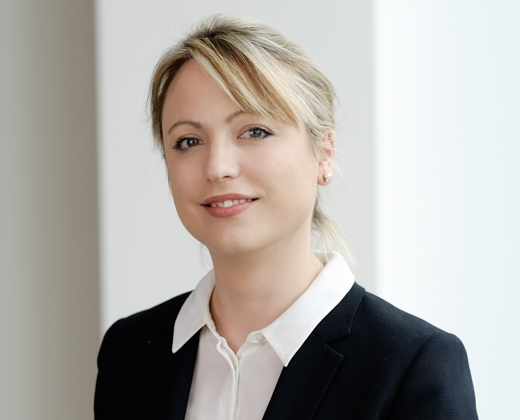The Child Poverty Action Group (who research poverty in the UK, as well as providing information, advice and training) has recently released its report “The Cost of a Child in 2017″.
It explains that “the past decade has been unprecedentedly tough for families on modest incomes. Households costs have risen, while household incomes stagnated”.
The research looked at the cost of a child in 2017 against basic family incomes. For example, the research demonstrated that the basic cost of a child over 18 years for a couple is £75,436 (the costs without rent/housing costs and childcare), with the full cost (including rent/housing cost and childcare) rising to £155,142 over 18 years. When considering the basic cost for a child, child benefit was said to cover just 21% of these costs, and child benefit plus the maximum child tax credit, covered 94% of the costs.
The figures for single parents rise, with the basic cost of a child over 18 years equating to £102,627 and the full cost equating to £187,120. The percentages of basic costs that are covered by child benefit or child benefit plus the maximum child tax credit are actually less for a single parent – with 16% of the basic costs for a child being covered by child benefit and 69% covered by child benefit plus the maximum child tax credit.
The basic costs for a child for a couple family have actually decreased by 5.4% since 2012. Conversely, however, the basic costs for a child in a single parent family have increased by a huge 16.2% since 2012.
The report also looked at the changes to benefits and how that has impacted on family finances.
It refers to a “benefit freeze” which it says “is gradually eroding the adequacy of children’s benefits, requiring families to find between an additional 6 per cent and 9 per cent of children’s costs in 2019 to 2012″.
It also says that “…for new families, the loss of the family element of CTC [child tax credit] will further reduce support by an amount equivalent to 12 per cent of the cost of the first child”.
It continues that “the effects of the ‘two-child limit’ and the benefit cap are much more severe. The former will create an additional shortfall for larger families worth over half the cost of bringing up a third child. More specifically, the maximum a family can obtain to cover the £90 cost of this child will be reduced from £66.90 to £13.70 – since the only remaining entitlement for a third or subsequent child will be child benefit”.
The Child Poverty Action Group believe that changes need to be made as it has concluded that “after a short period of price stability, the cost of a child is once again starting to rise. For the first time in post-war history, these cost increases are not being matched by increases in support given to families from the state. While this policy persists, the struggle that low-income families face to make ends meet will become steadily harder”.





